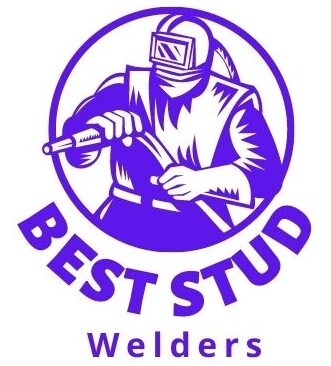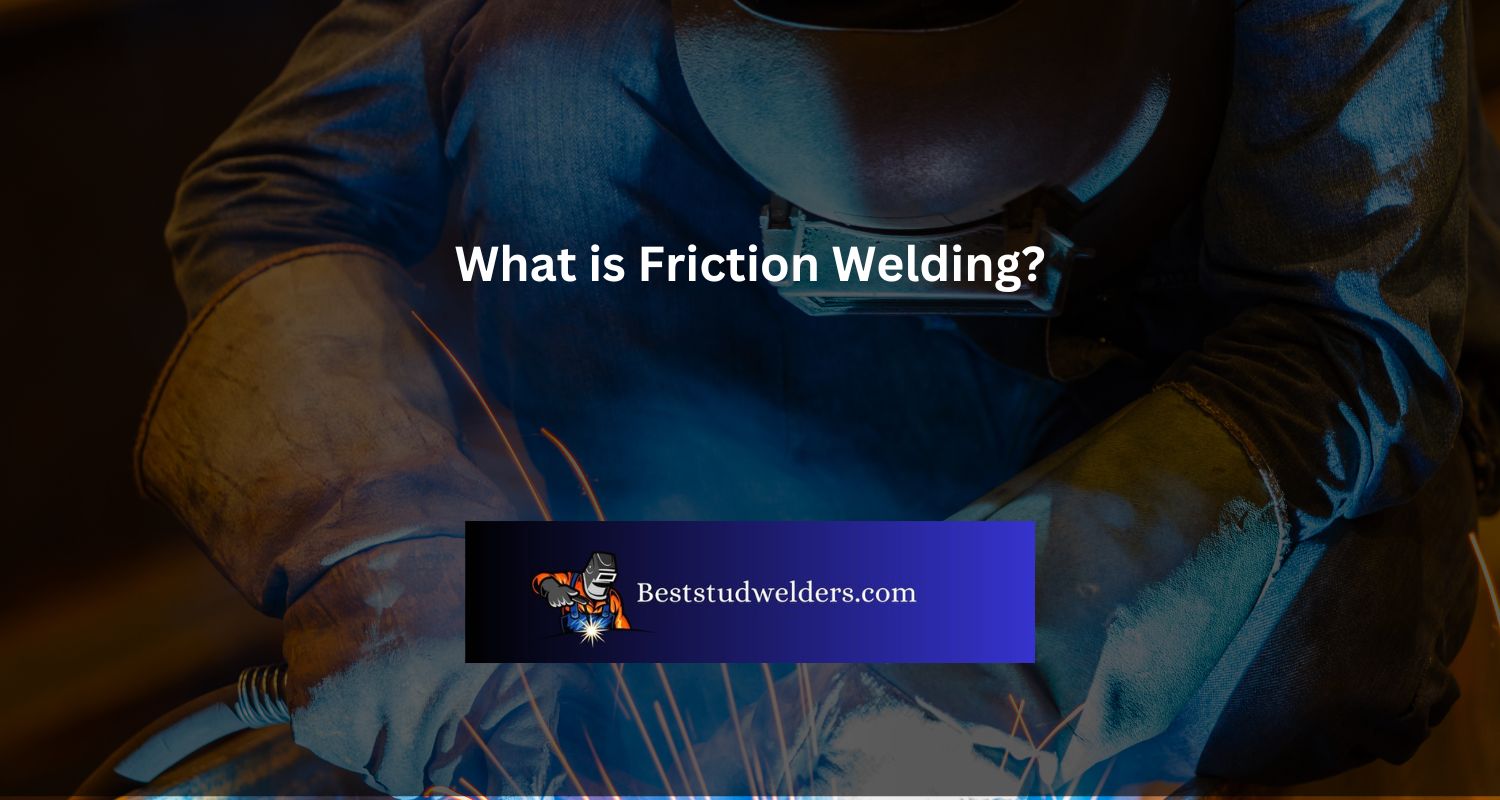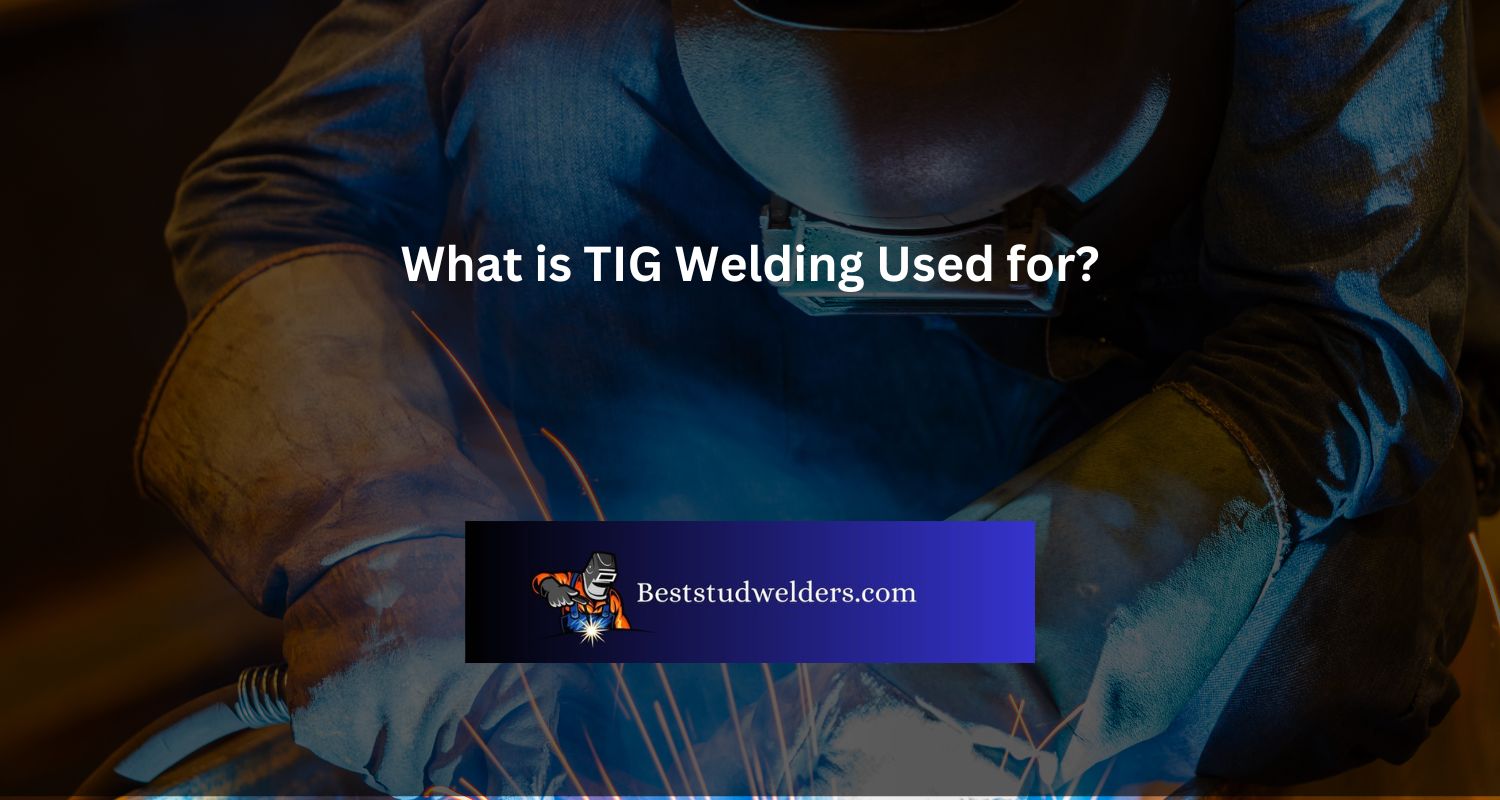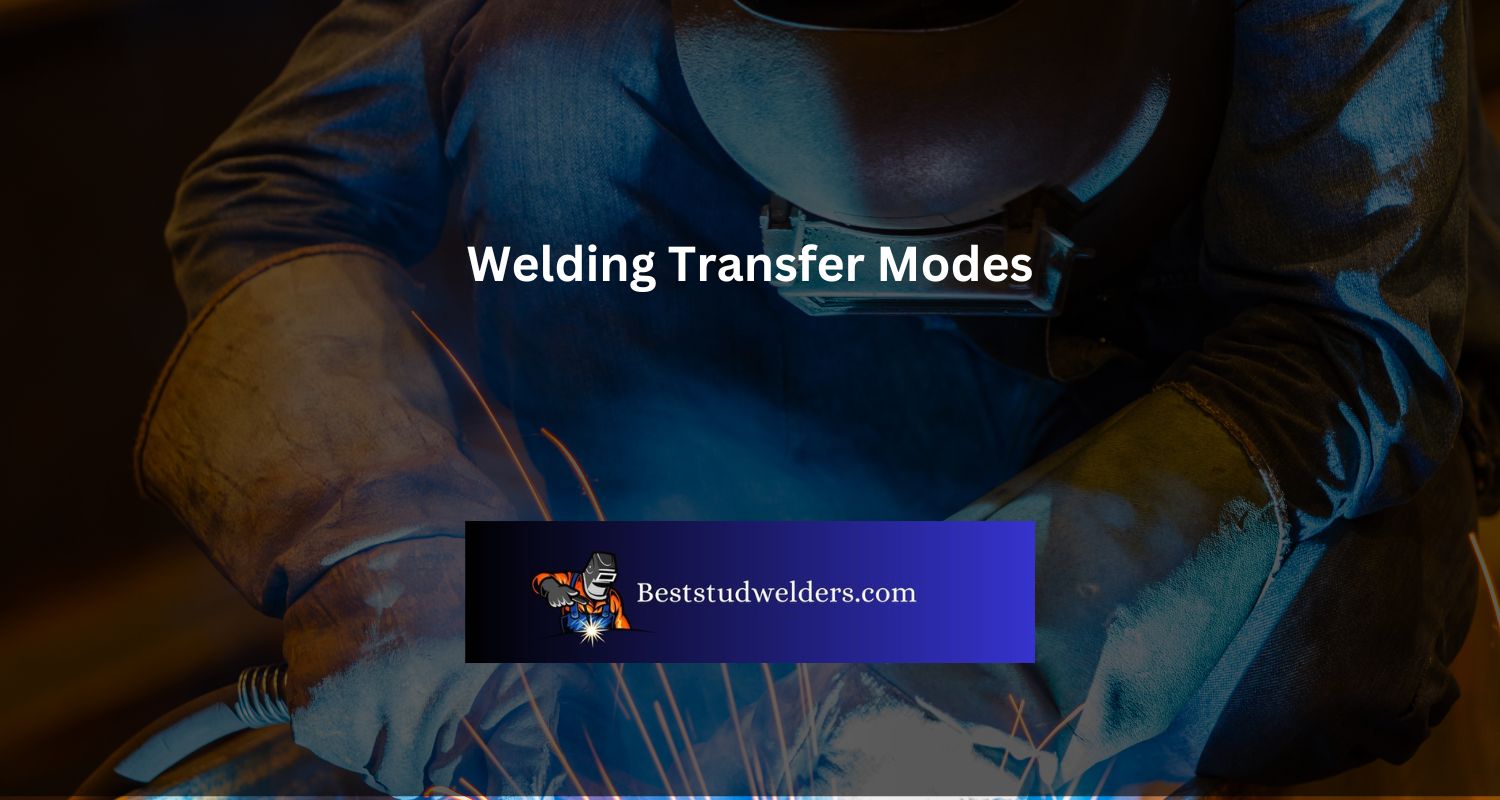Welders are a unique breed of worker. They’re often seen as tough, rugged and even a little bit dangerous. But what about their appearance? Does having tattoos, beards, rings or piercings effect welders?
We took a closer look to find out.
Does having tattoos effect welders?
The answer is, it depends. Some welding companies have strict policies in place that prohibit any visible tattoos. Others are more lenient, as long as the tattoos aren’t offensive. And still others don’t care one way or the other.
Many welders are concerned about how their tattoos will affect their welding career. The truth is, tattoos can have both positive and negative effects on a welder’s ability to do their job.
On the positive side, tattoos can help welders to better identify with their co-workers and build camaraderie within the workplace. They can also be used to show off one’s skill level and experience.
On the negative side, tattoos can make it more difficult to get hired for a welding job, and they can also be a safety hazard.
In some cases, tattoos can interfere with the proper functioning of welding equipment. As a result, it is important for welders to carefully consider the pros and cons of getting tattoos before making any decisions.
So if you’re a welder with tattoos, it’s best to check with your employer before showing up to work with your ink on display.
Does having beards effect welders?
Like tattoos, the answer to this question is it depends. Some welding companies have policies that prohibit facial hair, while others are more lenient.
Many welders choose to grow beards for a variety of reasons. Some do it for religious reasons, while others simply prefer the way it looks. Regardless of the reason, beards can have both positive and negative effects on a welder’s ability to do their job.
On the positive side, beards can help protect welders from harmful UV rays and sparks. They can also keep the face warm in cold weather conditions.
On the negative side, beards can make it more difficult to get a tight seal when wearing a welding mask. This can be a serious safety hazard. In addition, beards can also interfere with the proper functioning of welding equipment.
As a result, it is important for welders to carefully consider the pros and cons of growing a beard before making any decisions.
So if you’re a welder who wants to grow a beard, it’s best to check with your employer first to see if it’s allowed.
Welding Respirator Beard Effects
Welding respirators are designed to protect welders from harmful fumes and airborne particles.
However, they can only do their job properly if they have a tight seal. Beards can make it difficult to get a tight seal, which can be a serious safety hazard.
Respirators for welders with beards or facial hair
Powered Air Purifying Respirators (PAPRs) are a type of respirator that can be used with beards or facial hair.
PAPRs use a battery powered blower to force air through a filter into the breathing zone of the wearer. This provides welders with clean air to breathe, even if they have a beard or facial hair.
If you’re a welder with a beard or facial hair, make sure to use a PAPR to stay safe while welding.
Does having rings or piercings effect welders?
Rings and piercings can be a safety hazard for welders. They can become caught on welding equipment or clothing, which can lead to serious injuries.
Rings and piercings can also interfere with the proper functioning of welding equipment. As a result, it is important for welders to carefully consider the pros and cons of wearing rings or piercings before making any decisions.
So if you’re a welder with rings or piercings, it’s best to remove them before starting your shift.
Conclusion
Tattoos, beards, rings and piercings can all have an effect on a welder’s ability to do their job. It is important for welders to carefully consider the pros and cons of these things before making any decisions.
Paul Dixon is a certified welder with a wealth of experience in welding and related technologies. He started his career as an apprenticeship in welding, where he learned the ropes and acquired extensive skills in the craft.
Over the years, Paul has continued to sharpen his expertise, earning him top-rated welding certification. He remains one of the most outstanding welders in the industry.







